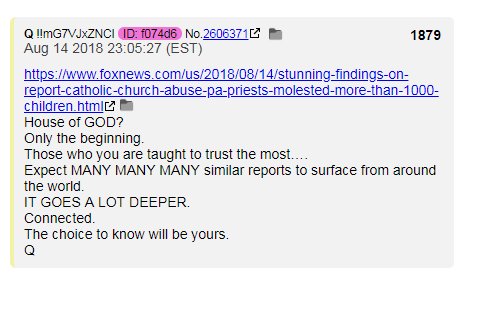“the crb has done what it was charged with” in producing the draft bylaws. blair says his office is happy to craft the necessary draft ordinance.
how can someone appeal the results of a CRB investigation into a complaint?
burke says they felt it was necessary to include in the event that an external investigation was necessary, but they don’t see that as a primary function.
nikuyah is supportive of the executive director position and is interested in more information about what the auditor would do.
she is also fine with “waiting” to determine if “relatively limited” term extensions are necessary.













